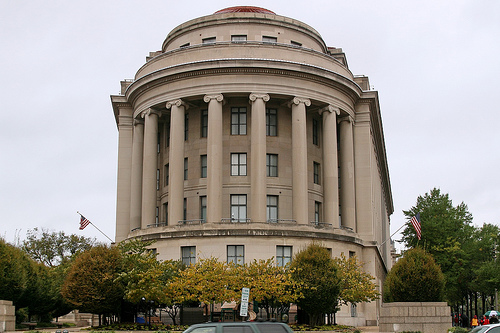FTC Disclosure Guidelines for Bloggers
I’ve been writing a series of posts for a conference I’ll be attending at the end of this month. I’m being paid to write the pre-event posts to promote awareness of the event, and hopefully increase attendance. To keep all my writings together, and promote awareness for my blog and that of the event, I’ve reposted the entries here with a note that says where they were originally published. I thought this was a sufficient disclaimer.
Luckily, a friend informed me that it may not be enough to satisfy the FTC guidelines, and suggested that I check them out. I did, and would like to share that information with you in case you too are under-informed.
Apparently the FTC (Federal Trade Commission) has made some revisions on their disclosure guidelines to include bloggers. You can find the full explanation of the changes on the FTC website, but the gist is basically this: If you are paid, or otherwise compensated, in exchange for writing a promotional post for an organization, you must disclose it to your audience in that post. This rule also applies to affiliate links, tweets, Facebook posts and other social media engagement.
If you want a more in depth explanation on different kinds of compensation, read this post from Search Engine Land “FTC, Disclosure And Your Blog”.
The question of how to disclose is answered pretty simply. Just tell people, by including a note in your post. It can be in brackets at the bottom, or next to an affiliate link. There are even free services like CMP.ly, which provide badges you can insert in your post so you can know you’re covered.
In a post by Blogcatalog, Tom Chernaik—a developer for CMP.ly who has had several discussions with the FTC—added, “What the FTC has said is that they’re not looking to go after bloggers. What they want is for people to comply and be transparent and to be open about what they’re doing.”
Photo by cliff1066
